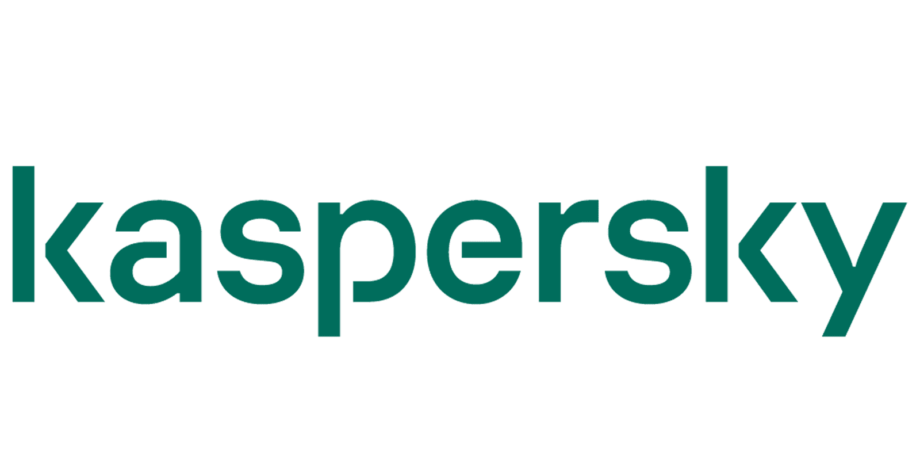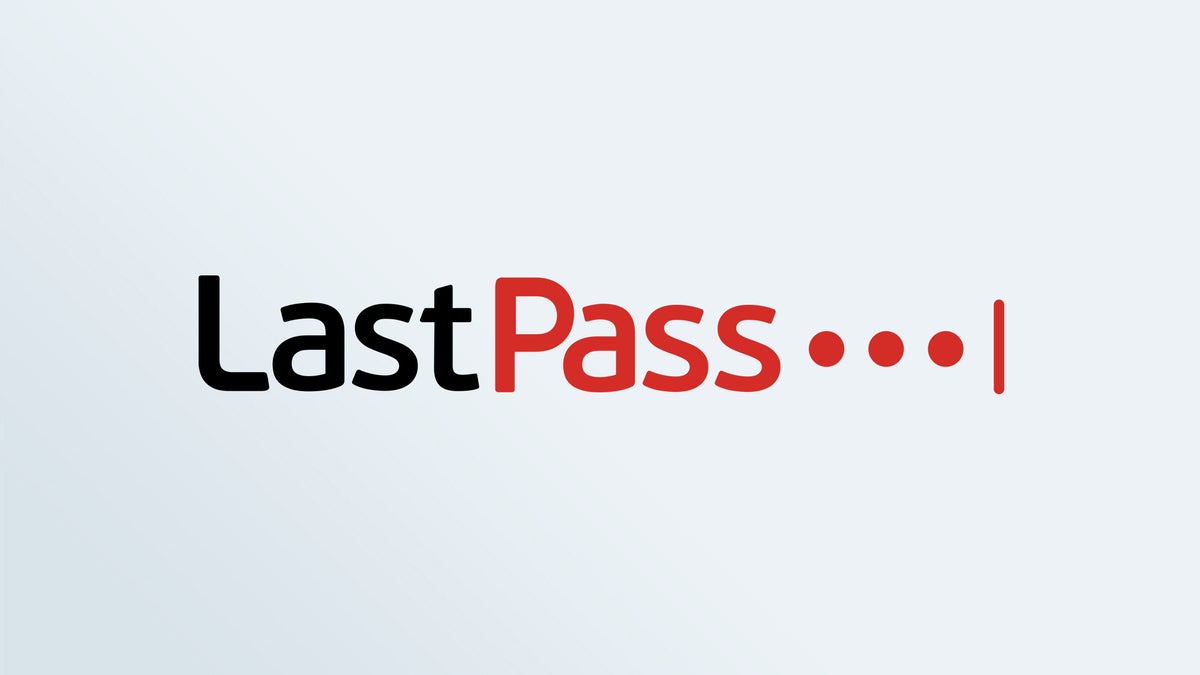Kaspersky Internet Security Review
A great antivirus with Russian links


Verdict
Kaspersky Internet Security provides effective malware defence, but Kaspersky’s claims that you’re doing business with its UK holding company are belied by a EULA forming a contract with its subsidiary in the Russian Federation, putting users in a difficult position.
Pros
- Accurate malware detection
- Clearly highlights auto-renewal options
- Wide range of useful tools
Cons
- Price increases upon subscription renewal
- May conflict with UK government security guidance if you’re a remote worker in specific sectors

Kaspersky Home Security
Keep your online activity safe and private across multiple devices – without compromising speed.
Check out Kaspersky’s new security plans from just £10.99 per year
- Kaspersky
- Money back gurantee
- from £10.99
Key Features
- VPNIncludes Kaspersky’s 300MB per day free VPN service
- Webcam protectionSpecify exactly which apps are allowed to use your webcam
- Gaming modeCeases notifications and CPU-intensive activity when a game or application runs at full screen
Introduction
Kaspersky Internet Security provides highly capable protection against malware. It’s accurate and easy to use, and always scores high in group tests. It’s a great service, but unfortunately for the anti-malware firm, its significant business and research presence in the Russian Federation is an unavoidable issue.
Kaspersky has, at the time of writing, not fallen under British sanctions imposed on some Russian-linked businesses, nor does it appear likely to. The company has relocated its processing of cyber threat-related data for UK and European users to its data centres in Zurich, Switzerland.
Similarly, Kaspersky’s holding company is UK-based Kaspersky Lab Limited, and the company says that all global business is carried out by Kaspersky Lab Limited UK.
In statements to the press and public, Kaspersky says that all business is handled by Kaspersky Lab Limited UK, but the Kaspersky Internet Security EULA states that you’re agreeing to a contact with “AO Kaspersky Lab, a company incorporated according to the laws of the Russian Federation.”
Germany’s Federal office of Information Security, has recommended that Kaspersky be gradually replaced in business use. The UK’s National Cyber Security Centre confirms that Kaspersky’s products are safe for home users but advises extra precautions for government departments and businesses in certain sectors. Note that precautionary recommendations of this kind can also affect home users if their PC is also used for remote working.
Pricing
Kaspersky Internet Security suite is frequently discounted, but higher renewal costs are clearly signposted and it’s easy to avoid unexpected auto-renewal charges on your credit card.
You can expect to pay £17.49 for a one-year single-device subscription, which renews at £34.99; £22.49 for three devices, renewing at £44.99; and £27.99 for five devices, renewing at £54.99.
These prices have remained static since last year, while rivals have increased theirs. Unlike some rival antivirus makers, you can find cheaper prices on Kaspersky products by buying subscription codes at retail.
Features
- Includes a VPN and password manager
- On-demand and scheduled scans
Kaspersky Internet Security includes a subscription to Kaspersky Password Manager – it’s decent, if less feature-rich than some rivals – and you’re asked if you’d like to include this at install time. The free version of Kaspersky’s VPN is also installed, with an allowance of 300MB per day.
Other recommended setting choices that you can opt out of using are a little obscurely worded. Nevertheless, they cover various categories of malicious and potentially unwanted software, as well as software that could be used to remotely control your PC – an exclusion list is available to allow remote access – or anything else deemed risky in when and if you need it.
The suite includes modules to protect your online shopping in a protected browser, block unwanted connections to your webcam, and an ad- and tracker-blocking browser extension with an on-screen keyboard to help avoid keylogging. A gaming mode and high CPU and disk load detection prevent interruptions, and an Additional Tools section lets you burn rescue disks and run system optimisation tools.
Core malware protection components cover the usual web, file, network, and email-based threats, provide on-demand and scheduled scans, plus ransomware protection to detect and roll back changes made by malicious software that attempts to encrypt your files. You also get a complete firewall that automatically replaces the Microsoft Defender firewall and is actually much more pleasant to use when it comes to manually adding rules.
Application control settings monitor the behaviour of installed software. While digitally signed applications are trusted by default, if you develop your own software or use programs from small vendors, you may have to manually add them to the trusted exceptions list if their behaviours trigger an alert here.
Parental controls are also available via Kaspersky’s free Safe Kids tool, including content filtering and time restrictions for device use. It isn’t part of Kaspersky Internet Security, but can be installed alongside it.
Performance
- One of the best malware-detection performance
- Never misidentified legitimate software
Kaspersky has one of the best-performing and consistent malware detection engines in the business, and you’ll find it in everything from Kaspersky Free Antivirus, to Internet Security and the company’s enterprise offerings, with varying degrees of supporting features.
| Testing facility | AV-TEST | AV Comparatives | SE Labs |
| Real-World Threat Protection | 100% | 99.7% | 100% |
In recent tests by AV-Test and SE Labs, Kaspersky’s engine provided 100% protection in both real-world and reference malware scanning tests, with no false positives.
It also achieved a very satisfactory 99.7% in AV Comparatives’ real-world tests. Unlike the majority of the other most accurate antivirus suites, it didn’t misidentify legitimate software as malicious in any of the tests that informed this review. It’s kept results of this quality for years, so you can expect consistency here.
Its performance impact is fairly minimal and it improves upon Microsoft’s own antivirus when it comes to install times – although website load times were conspicuously slower in AV-Test’s most recent results, particularly for low-spec PCs.
Latest deals

Kaspersky Home Security
Keep your online activity safe and private across multiple devices – without compromising speed.
Check out Kaspersky’s new security plans from just £10.99 per year
- Kaspersky
- Money back gurantee
- from £10.99
Should you buy it?
You want the best malware protection and range of features:
Kaspersky is a genuinely effective consumer anti-malware suite, and it’s reasonably priced for its feature set, but its latest malware protection performance game is behind that of rivals McAfee and Avast, and McAfee in particular is more feature-packed, albeit more expensive.
You just want basic malware protection:
Kaspersky Internet Security provides solid security and even works on Windows 7, but the same can be said for Avast One Essential.
Final Thoughts
On a purely practical basis, Kaspersky continues to provide high-quality security against malware. It hasn’t suddenly become terrible antivirus software, and fantastic scenarios in which the Russian government seizes Kaspersky’s servers to engage in a supply chain attack against your home PC are profoundly unlikely. Sanctions against Kaspersky’s business interests outside Russia seem unlikely at this point too.
Nonetheless, with some businesses and many public sector employers limiting use for remote workers and contractors, Kaspersky’s software is more of a potential liability than I generally want my antivirus software to be.
How we test
We use every antivirus suite ourselves so we can check out their various features, from scanning options to integrated extras such as parental controls.
The results we use to assess malware detection performance come from reputable testing houses including AV-Test, AV Comparatives and SE Labs.
We download and use the software ourselves to test the included features
We use data from trusted and approved testing houses to determine the malware detection performance
FAQs
Yes it is safe to use, although it will send out files for analysis to improve its malware detection.
Yes, it can detect and remove malware.








